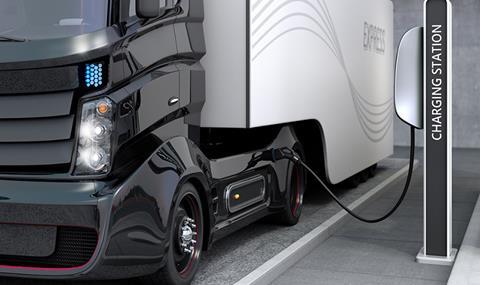
Paragon has added a new function to its routeing and scheduling software to account for the range limitations of any electric or hybrid vehicles on fleets.
Transport planners will now be able to define a vehicle as ‘sustainable’, which will ensure that the scheduling system restricts the distance of any trip to the specified maximum range.
If any subsequent manual adjustments result in excessive mileage beyond the defined range of a vehicle, a warning will alert the planner to the potential issue.
“Green fleets are firmly on the radar of many logistics operations as they look to minimise environmental impact by moving away from petrol- and diesel-powered vehicles, while also contending with emissions-based restrictions in many urban areas,” said William Salter, MD, Paragon Software Systems.
“With this in mind, we have added functionality to our software solution to simplify the planning process for fleets that combine both sustainable and conventional vehicles.”
Paragon’s latest annual UK customer survey found that the most significant transport development expected this year was around vehicle innovation, particularly alternative fuels or autonomous technology.
It also reported that almost 20% of respondents already have electric or hybrid vehicles, with a further 26% expecting to adopt in the next two years.
“We initially developed this functionality to meet specific customer demand, but we believe it will become increasingly relevant for many types of logistics operations as they introduce greener vehicles over the coming years,” said Salter.
Phil Ingham, support director of Paragon Software Systems, added: “With a growing number of low-emission zones in town and cities, companies that handle urban deliveries will in particular face added sustainability challenges. We are committed to continually improving our routing and scheduling software to ensure it is best-placed to meet these changing demands."














